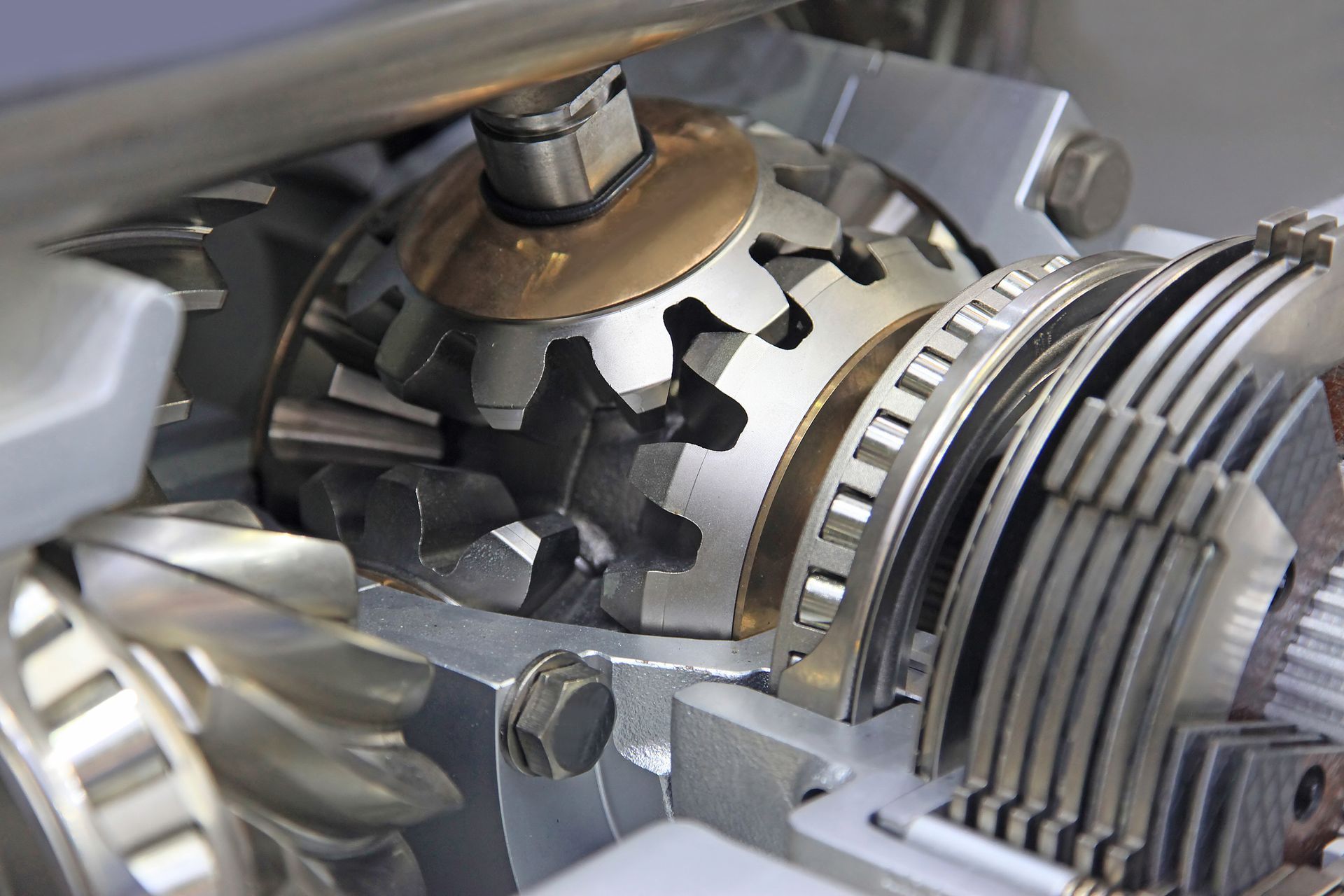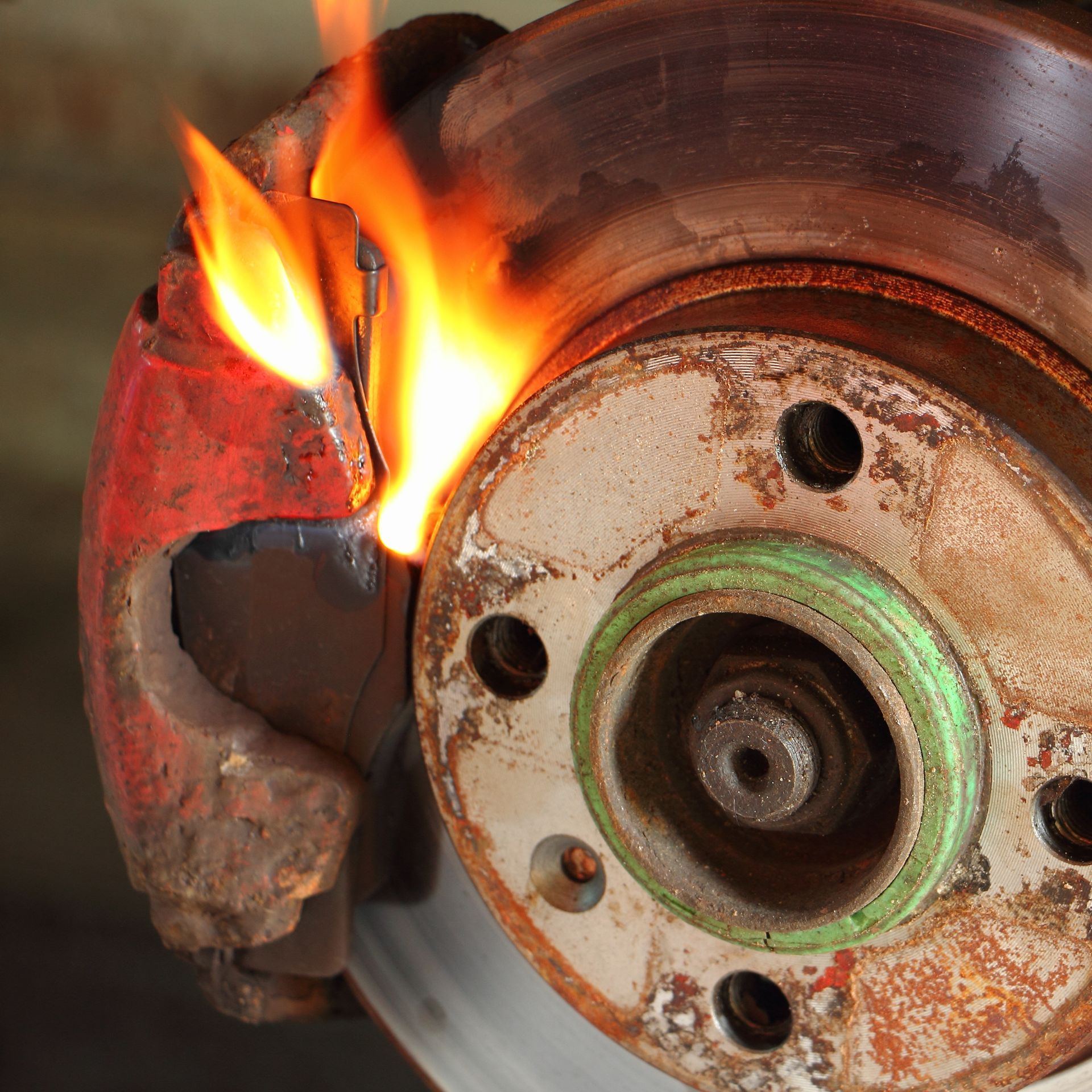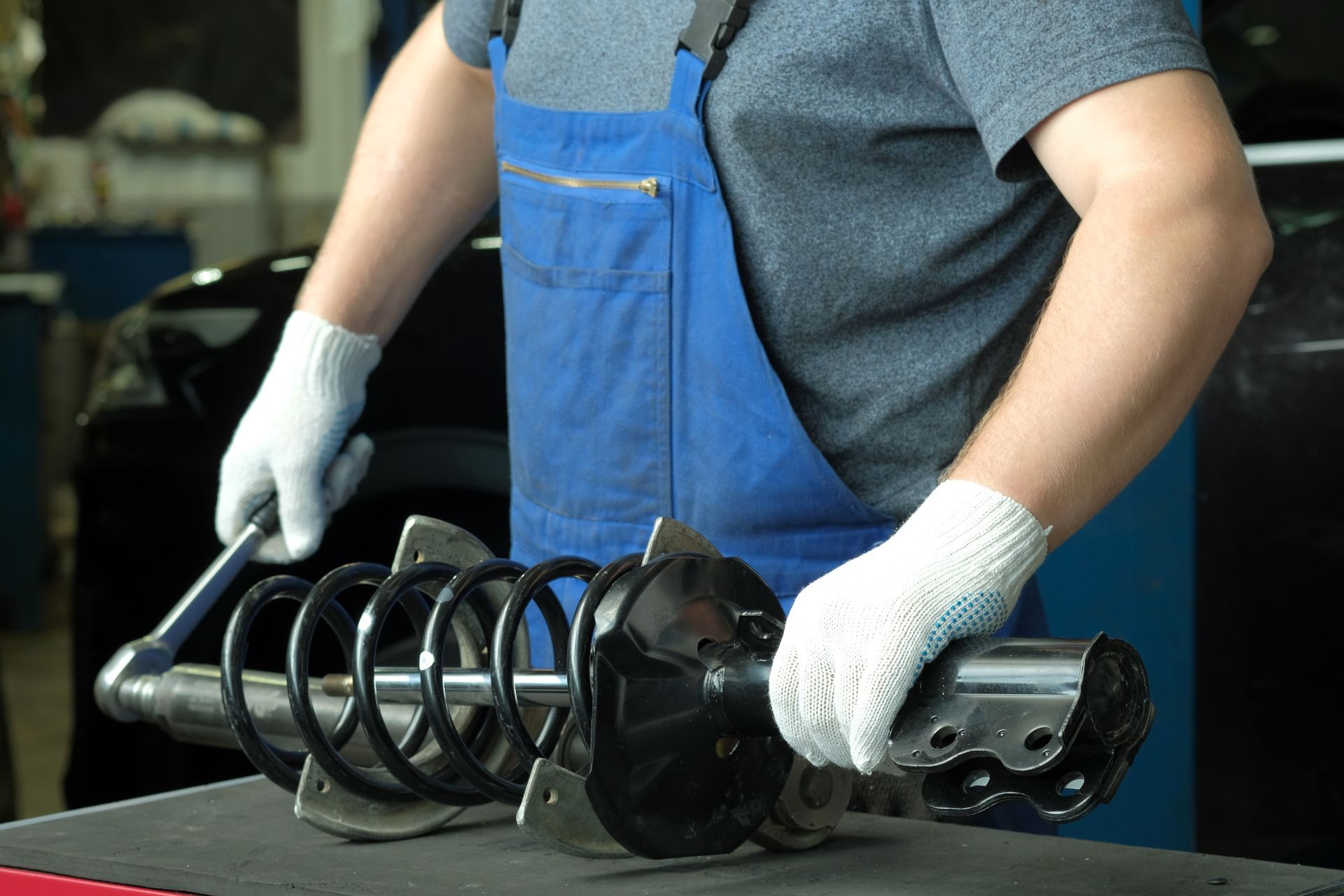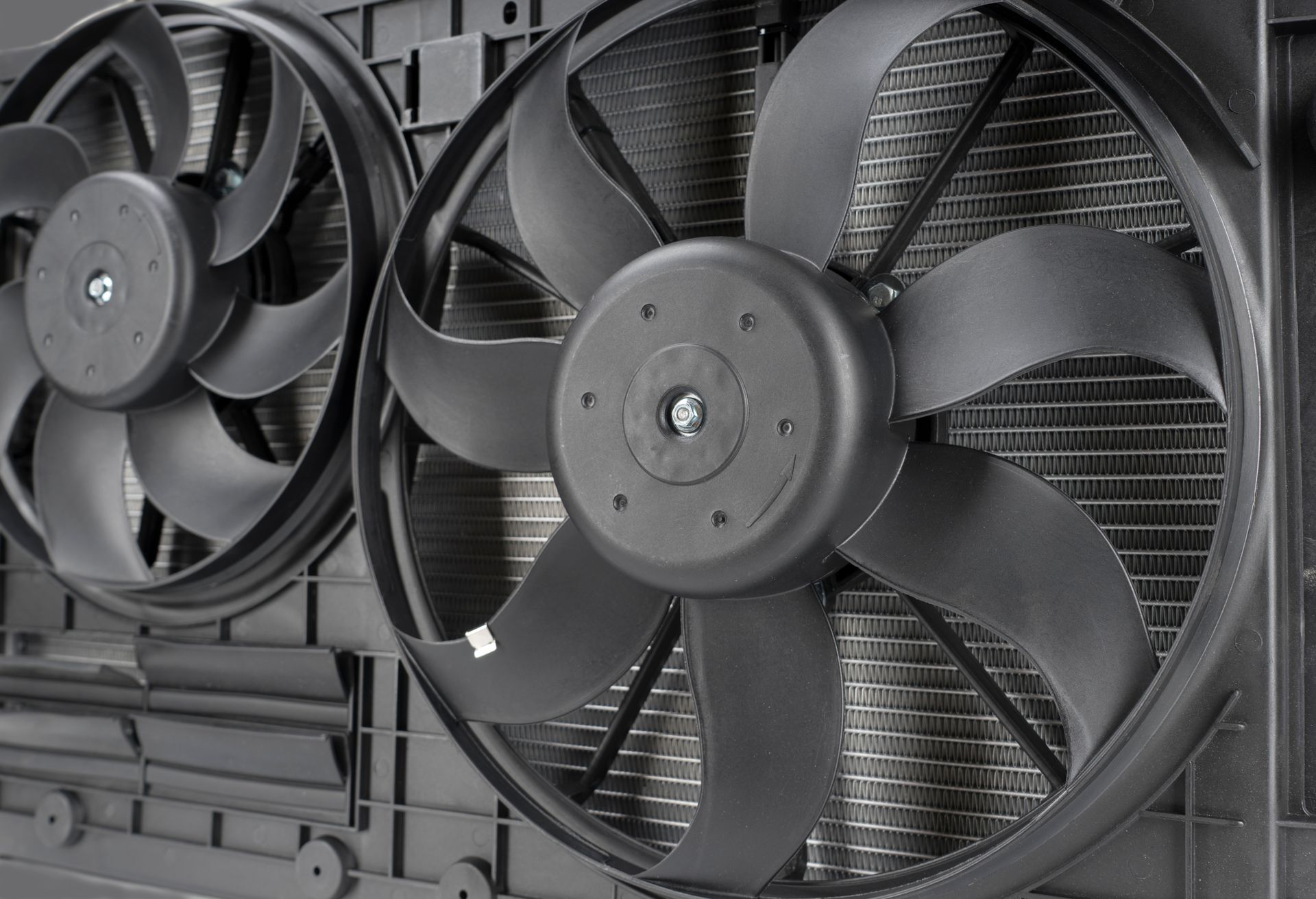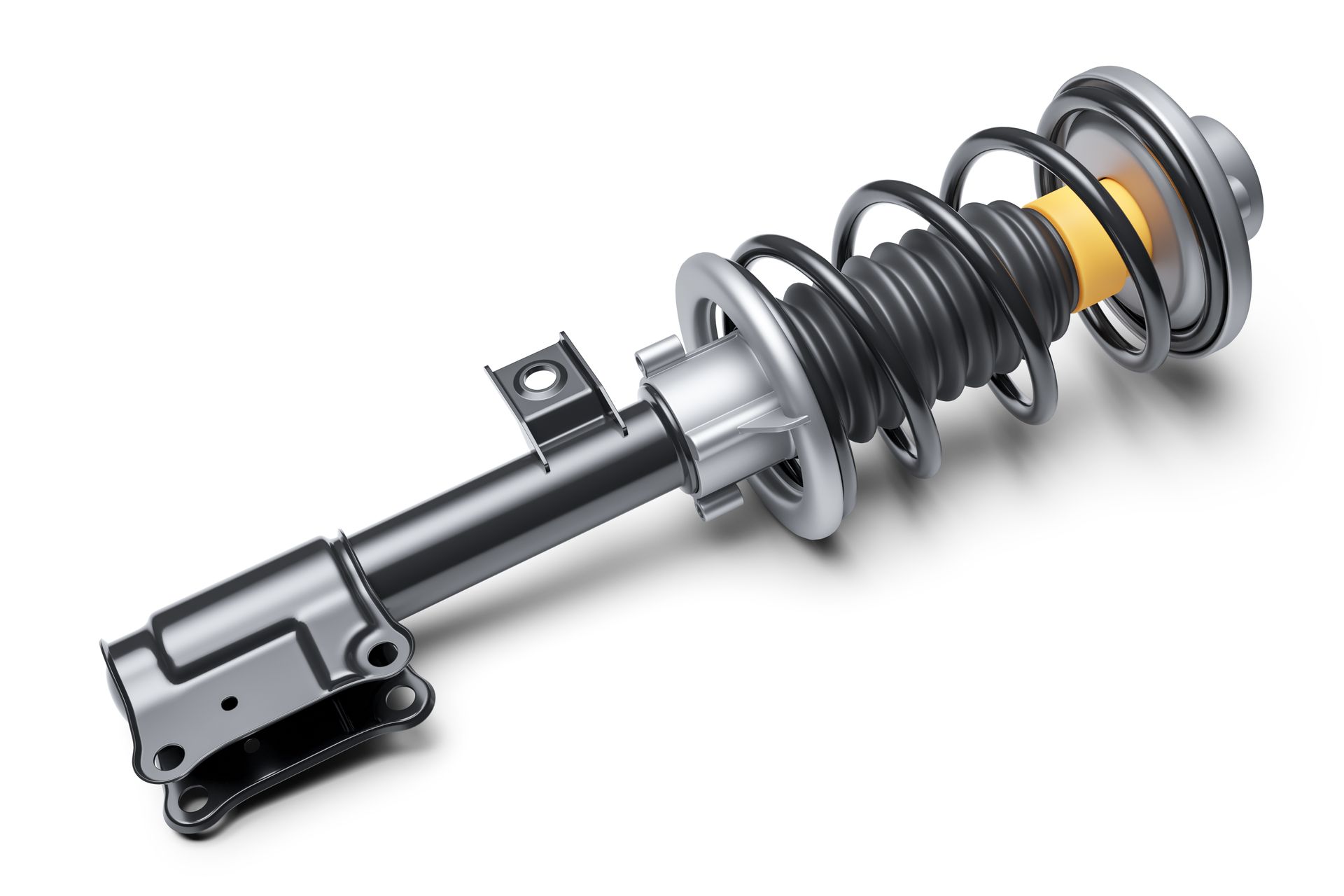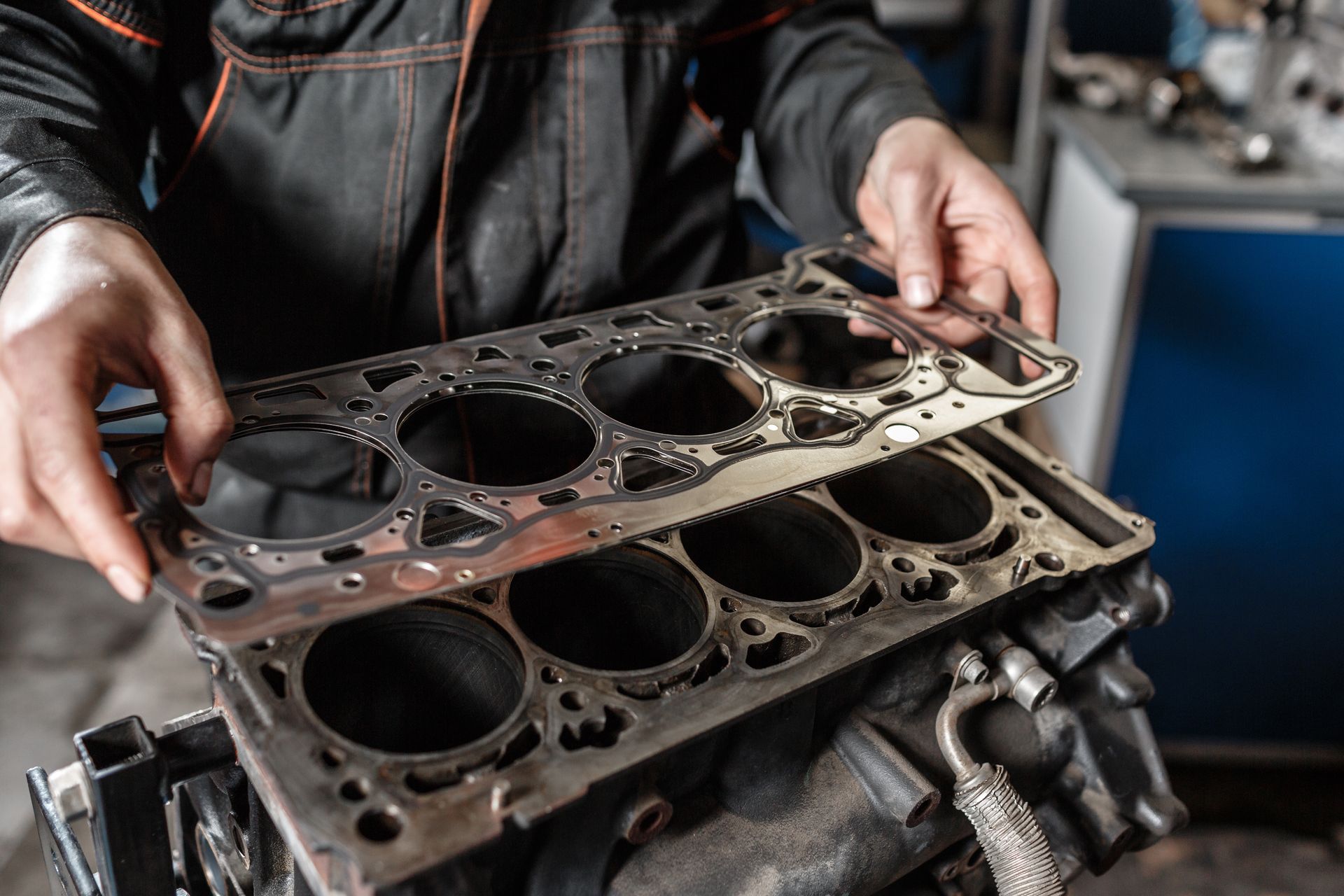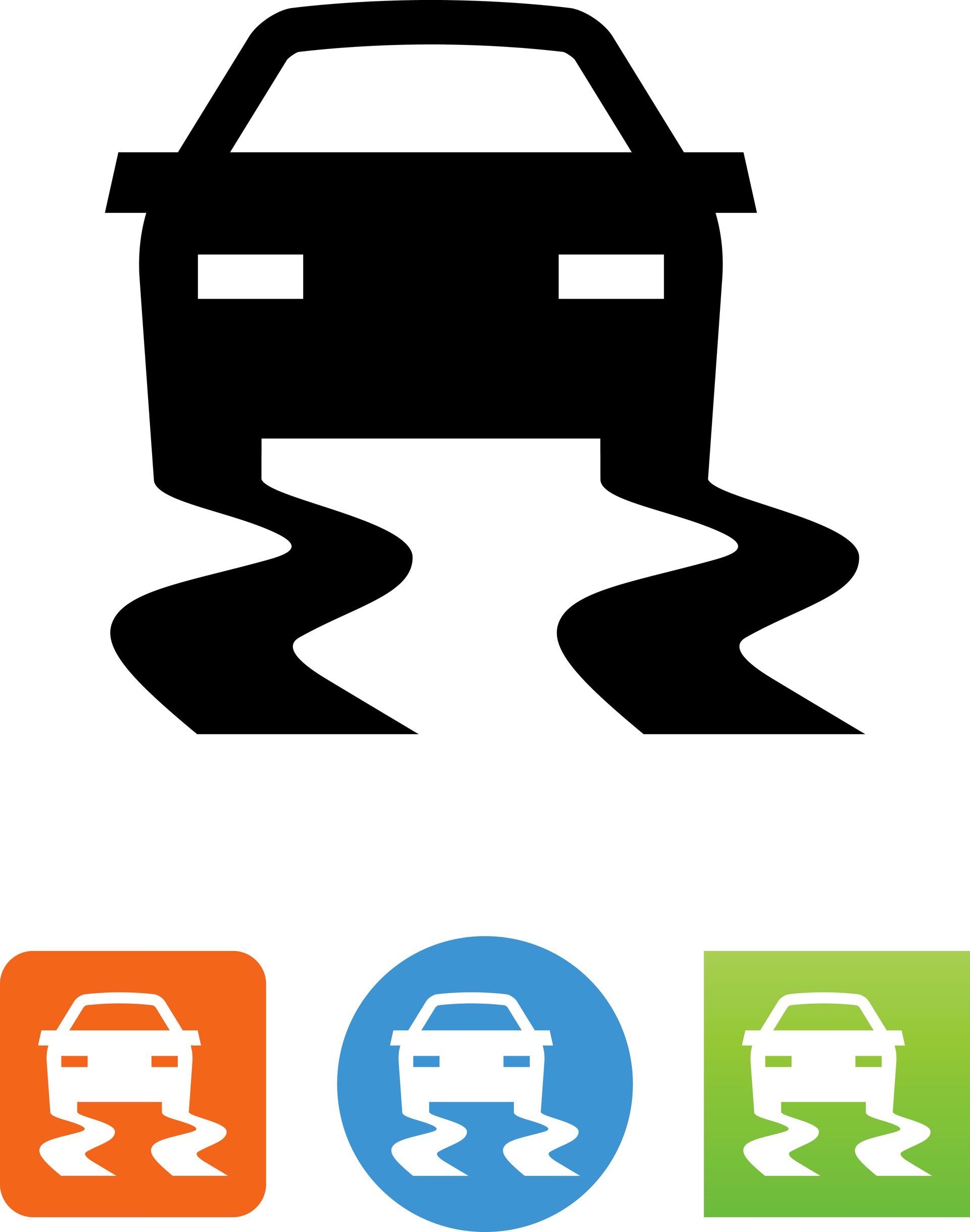If your engine has been running rough, stumbling during acceleration, or misfiring at idle, it’s more than just an annoyance. These symptoms may point to deeper issues that, if ignored, can do real damage to one of your vehicle’s most expensive components—the catalytic converter.
A misfiring engine doesn't just waste fuel or reduce performance. It can create heat spikes and send unburned fuel straight into the exhaust system. And your catalytic converter is the one that pays the price. Here's what’s really at stake when engine problems go unchecked.
What Your Catalytic Converter Actually Does
Think of the catalytic converter as the final gatekeeper for your vehicle’s emissions. It’s designed to convert harmful gases like carbon monoxide, nitrogen oxides, and hydrocarbons into less harmful byproducts before they exit the tailpipe.
Inside the converter is a honeycomb-like structure coated with precious metals like platinum, palladium, and rhodium. These materials trigger a chemical reaction when exhaust gases pass through, breaking down pollutants into water vapor and carbon dioxide. It’s a sensitive process, and the converter relies on a stable, well-controlled air-fuel mixture to do its job.
How Misfires Lead to Converter Damage
When a cylinder misfires, it means that the air-fuel mixture didn’t ignite properly. That unburned fuel doesn't just disappear. It continues through the exhaust system, where it hits the catalytic converter, still full of raw fuel. This is where the real trouble starts.
Unburned fuel igniting in the converter can cause internal temperatures to spike well beyond what the materials are designed to handle. Over time or even in a short period, this can cause the ceramic core to melt or crack, rendering the component unusable. You may not notice it right away, but over time, performance suffers, emissions rise, and your check engine light may start blinking persistently.
Poor Engine Performance Creates a Chain Reaction
Even if you're not experiencing outright misfires, sluggish engine response, reduced fuel economy, or hesitation during acceleration can still throw off the air-fuel balance. The catalytic converter is calibrated for a specific mixture. Running too rich (too much fuel) floods the system, and running too lean (too little fuel) doesn’t burn hot enough for the converter to function efficiently.
Dirty air filters, clogged fuel injectors, faulty spark plugs, or bad sensors can all contribute to poor combustion. If the problem persists, the converter has to work overtime to clean up the exhaust stream. That extra strain shortens its lifespan and reduces overall efficiency.
Warning Signs Your Converter Might Be in Trouble
Once the catalytic converter starts to go bad, you’ll probably notice some changes in how your vehicle drives. These symptoms might include:
- A sudden drop in engine power, especially during acceleration
- Rattling noises from underneath the vehicle
- The smell of rotten eggs or sulfur from the exhaust
- Decreased fuel economy despite no change in driving habits
- A check engine light that stays on or flashes intermittently
Any of these signs warrants immediate inspection. A failing converter not only increases emissions but can eventually clog to the point where it restricts exhaust flow entirely. That kind of blockage will cause severe engine performance issues and, in some cases, prevent the car from running at all.
Misfires Don’t Fix Themselves
It’s tempting to wait and see if a rough idle or occasional misfire goes away on its own, especially if the car still seems to drive okay. But misfires almost never correct themselves. In fact, they typically get worse over time, and the longer they go unchecked, the higher the risk to your catalytic converter and other engine components.
Modern vehicles are equipped with sensitive sensors to detect misfires quickly, which is why the check engine light may start blinking the moment it happens. When that light flashes, it’s a sign that damage may already be occurring. Waiting too long to address it is likely to turn a minor fix into a four-figure repair bill.
Catalytic Converter Trouble? Visit Auto Tech Specialists in San Diego
Whether you're dealing with frequent misfires, poor performance, or you’ve noticed signs that your catalytic converter is struggling, it’s best to act sooner rather than later. At Auto Tech Specialists Service Center in San Diego, we can run full diagnostics, identify the root cause of the problem, and help you avoid more serious damage.
Stop by for an inspection and keep your engine and emissions system working in sync. Prevention today could save you from a costly repair tomorrow.


